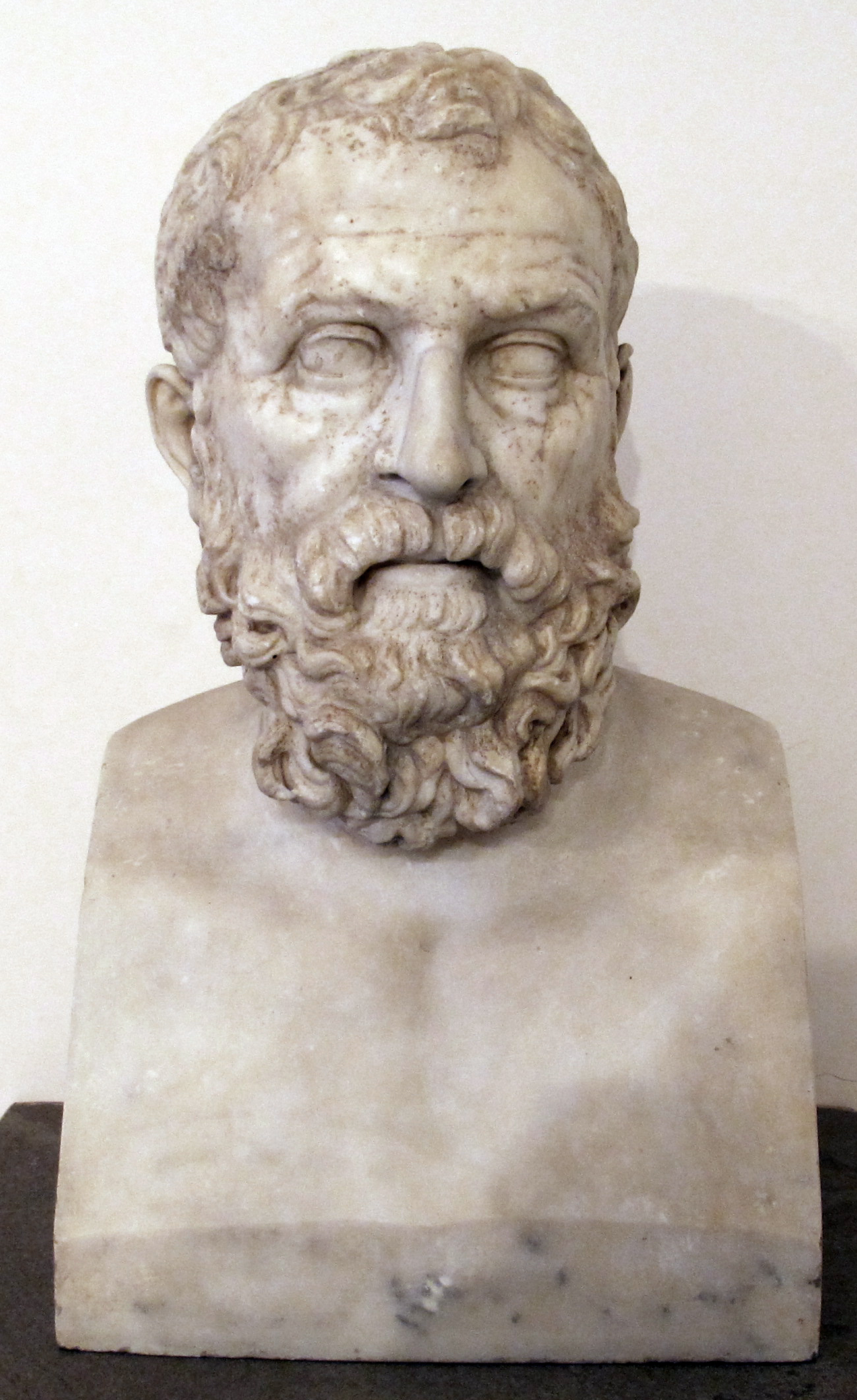Solón Frases famosas
“As leis são como as teias de aranha que apanham os pequenos insetos e são rasgadas pelos grandes.”
Variante: As leis são como as teias de aranha que apanham os pequenos insectos e são rasgadas pelos grandes.
“Riqueza eu desejo a ter, mas injustamente obtê-la, não desejo
Justiça, mesmo que lenta, é certa..”
Plutarco Solon, ch. 2; trad. Bernadotte Perrin. http://www.perseus.tufts.edu/cgi-bin/ptext?lookup=Plut.+Sol.+2.1
Solón frases e citações
Heródoto (trad. Robin Waterfield) The Histories Bk. 1, ch. 32, pp. 15-16.
“Nenhum idiota consegue ficar em silêncio em uma festa.”
Epíteto, Fragmento 71, trad. Thomas Wentworth Higginson. http://www.perseus.tufts.edu/cgi-bin/ptext?doc=Perseus%3Atext%3A1999.01.0237&query=chapter%3D%23192&chunk=book
“Pense em sua honra, como um cavalheiro, de mais peso do que um juramento.”
Diógenes Laércio (trad. fr C. D. Yonge) A Vida e Opiniões dos Filósofos Eminentes (1853), "Sólon", sect. 12, p. 29.
“Governe, após ter aprendido a ser governado.”
Diógenes Laércio (trad. C. D. Yonge) A Vida e Opiniões dos Filósofos Eminentes (1853), "Solon", sect. 12, p. 29.
“Não tenhas pressa em fazer novos amigos nem em abandonar aqueles que tens.”
Variante: Não tenhas pressa de fazer novos amigos nem em abandonar aqueles que tens.
Sólon como citado in: Educação Racional, A - Página 145 https://books.google.com.br/books?id=d4IWMhAXbA8C&pg=PA145, Alberto J. G. Villamarín, Editora AGE Ltda, ISBN 8574970441, 9788574970448, 567 páginas
Atribuídas
Solón: Frases em inglês
“Rule, after you have first learned to submit to rule.”
Diogenes Laërtius (trans. C. D. Yonge) The Lives and Opinions of Eminent Philosophers (1853), "Solon", sect. 12, p. 29.
Herodotus (trans. Robin Waterfield) The Histories Bk. 1, ch. 32, pp. 15-16.
Plutarch Solon, ch. 18; translation by Bernadotte Perrin. http://www.perseus.tufts.edu/cgi-bin/ptext?lookup=Plut.+Sol.+18.1
Having been asked what city was best to live in.
“No fool can be silent at a feast.”
Epictetus, Fragment 71, translated by Thomas Wentworth Higginson. http://www.perseus.tufts.edu/cgi-bin/ptext?doc=Perseus%3Atext%3A1999.01.0237&query=chapter%3D%23192&chunk=book
Diogenes Laërtius (trans. C. D. Yonge) The Lives and Opinions of Eminent Philosophers (1853), "Solon", sect. 5, p. 25.
Diogenes Laërtius (trans. C. D. Yonge) The Lives and Opinions of Eminent Philosophers (1853), "Solon", sect. 13, p. 29.
Plutarch Solon, ch. 27; translation by Bernadotte Perrin. http://www.perseus.tufts.edu/cgi-bin/ptext?lookup=Plut.+Sol.+27.1
“I grow old ever learning many things.”
Plutarch, Solon, ch. 31; translation by Bernadotte Perrin. http://www.perseus.tufts.edu/cgi-bin/ptext?lookup=Plut.+Sol.+31.1
Variant translation: As I grow older, I constantly learn more.
Reported in George Shelley Hughs, Ancient Civilizations (1896), p. 596.
“Consider your honour, as a gentleman, of more weight than an oath.”
Diogenes Laërtius (trans. C. D. Yonge) The Lives and Opinions of Eminent Philosophers (1853), "Solon", sect. 12, p. 29.
“Wealth I desire to have; but wrongfully to get it, I do not wish.
Justice, even if slow, is sure.”
Plutarch Solon, ch. 2; translation by Bernadotte Perrin. http://www.perseus.tufts.edu/cgi-bin/ptext?lookup=Plut.+Sol.+2.1
“Do not counsel what is most pleasant, but what is best.”
Demetrius of Phalerum, "Apophthegms of the Seven Sages," in Early Greek Philosophy, vol. 2 (Loeb Classical Library, volume 525), p. 141
